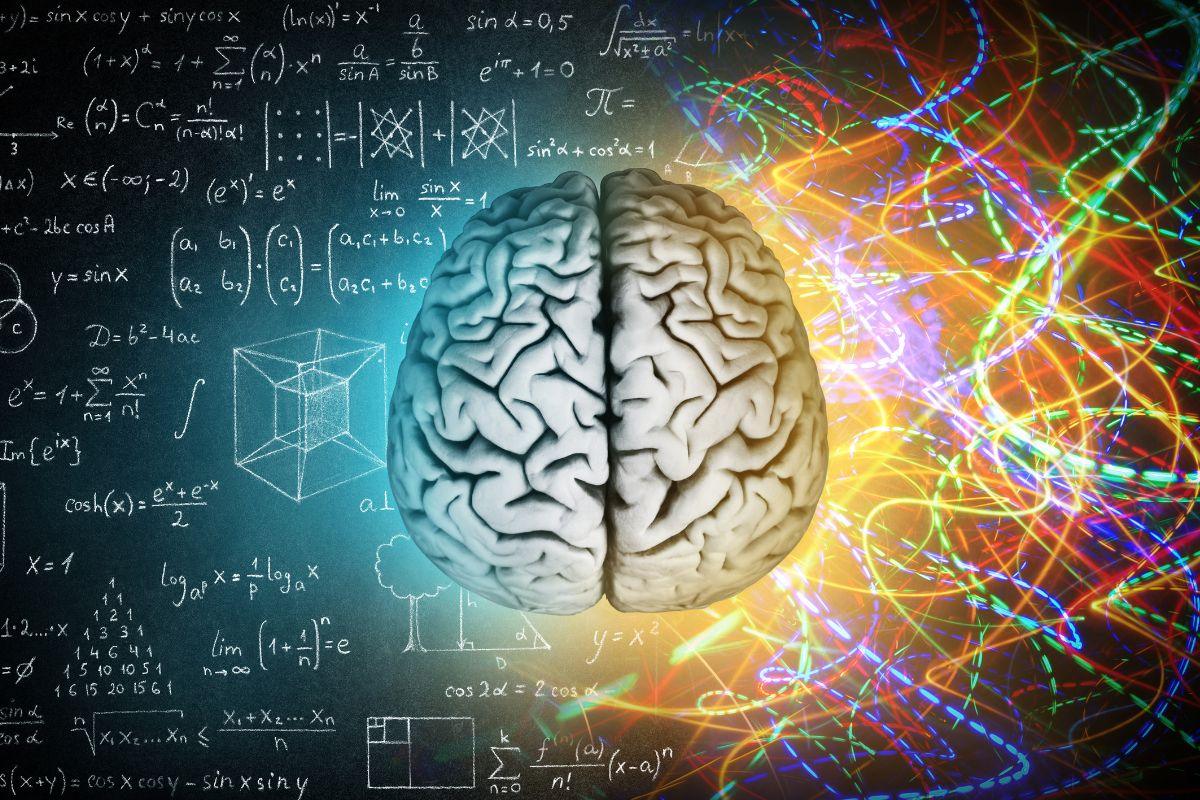
3 Ways to Optimize Your Brain aka 3 Brain Hacks
Starving for a better brain
Fasting for a better brain? If you’ve ever fasted, you may have noticed that you feel mentally sharper. An appetite-stimulating hormone produced in the stomach seems to promote the growth of new brain cells while also protecting the brain against aging.
This hormone is called ghrelin and is known as the “hunger hormone.” It is produced in the stomach when it empties. As more time passes without eating, the concentration of ghrelin in the blood rises.
In animals it has been shown that low-calorie diets improve brain function, and ghrelin appears to be responsible. Even when mice are directly injected with ghrelin, their brains function better.
Tip: Try intermittent fasting a few times a week – it’s an easy way to use the bio-hack above.
Nature for more calm
Humans seem programmed to feel more peaceful and better in rural/natural environments, and, conversely, more confused in cities. Research shows that brain regions associated with a calm, meditative state become active when people look at photos of countryside scenes. Looking at city photos instead activates brain areas that process visual complexity.
This research supports the growing evidence that natural environments are beneficial for mental and physical health. Urban environments confuse the brain because there is no direct natural response to them. As a result, the brain becomes highly active, and you experience less calm—even if you’ve lived in a city all your life.
Tip: Go for a walk in nature once or several times a week, or simply spend more time in a quiet garden!
Morning sunlight
Sunlight makes the brain work better. We’re not talking about sun gazing, but simply exposing your eyes to natural outdoor light. Contact lenses, glasses, sunglasses, and windows block certain frequencies of sunlight, so avoid them as much as possible.
Our eyes contain light-sensitive cells directly connected to the brain, and sunlight provides optimal stimulation for them. These light receptors play a vital role in human physiology and health—not only in the brain but throughout the body.
Benefits include: improved natural sleep rhythms, optimal hormone regulation, faster reaction times, and more positive behavior. Morning sunlight also helps your body temperature rise back to normal (it drops slightly during the night).
A lack of light due to poor timing, suboptimal spectrums, or insufficient intensity is harmful to physical and mental health. You need about 20–30 minutes for optimal effect.
Tip: After waking up, expose yourself to the sun as quickly as possible to prepare your body for the day!



